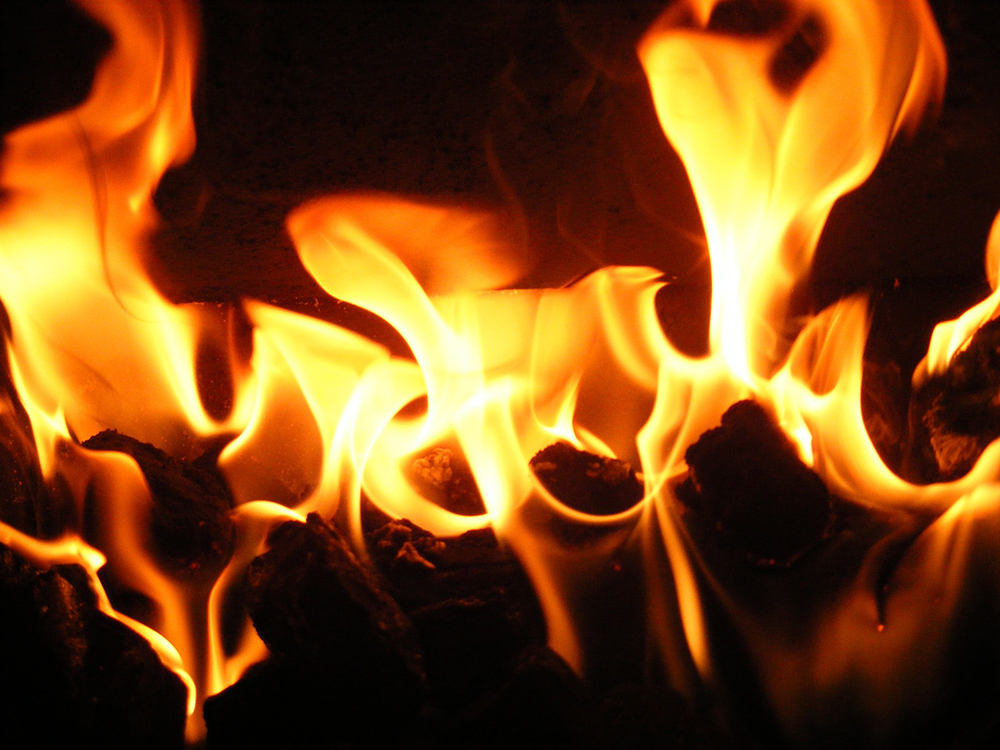Our Lord often referred to “hell” (see Mt 5:29,30; 10:28; 23:15; Mk 9:45,47; Lk 12:5). He warned against “the hell of fire” (Mt 5:22; 18:9); against “the unquenchable fire” (Mk 9:43); against “the eternal fire” (Mt 18:8; 25:41). Our Lord also spoke of “the furnace of fire, where there will be weeping and gnashing of teeth” (Mt 13:42). (All references are from the Revised Standard Version of the Bible.)
We have no experience or knowledge of fire which is literally unquenchable. Again, we cannot imagine human bodies being literally and eternally burned but never being destroyed. Recall the words from the Creation story: “And God saw everything that he had made, and behold, it was very good” (Gn 1:31, RSV). Through the processes of nature (like death and decay), God’s creatures are changed, but He never destroys them. The most agonizing pain is that of being burned. To be cast into “the eternal fire” surely refers to the keenest of suffering, but not to being forever incinerated.
On the level of speculation about existence in hell, no one has written more eloquently or more extensively than one of our greatest poets, Dante Alighieri. In 34 cantos he details a journey led by Virgil through all levels of hell in his Inferno. At the sinkhole of hell, Dante finds not fire, but ice. Satan himself is completely sealed in ice.
Whatever one imagines “hell” to be, Our Lord’s words seem to leave no room for a hope that hell will be empty. The Church has condemned the heresy of universalism, which holds that no soul will be lost eternally.

